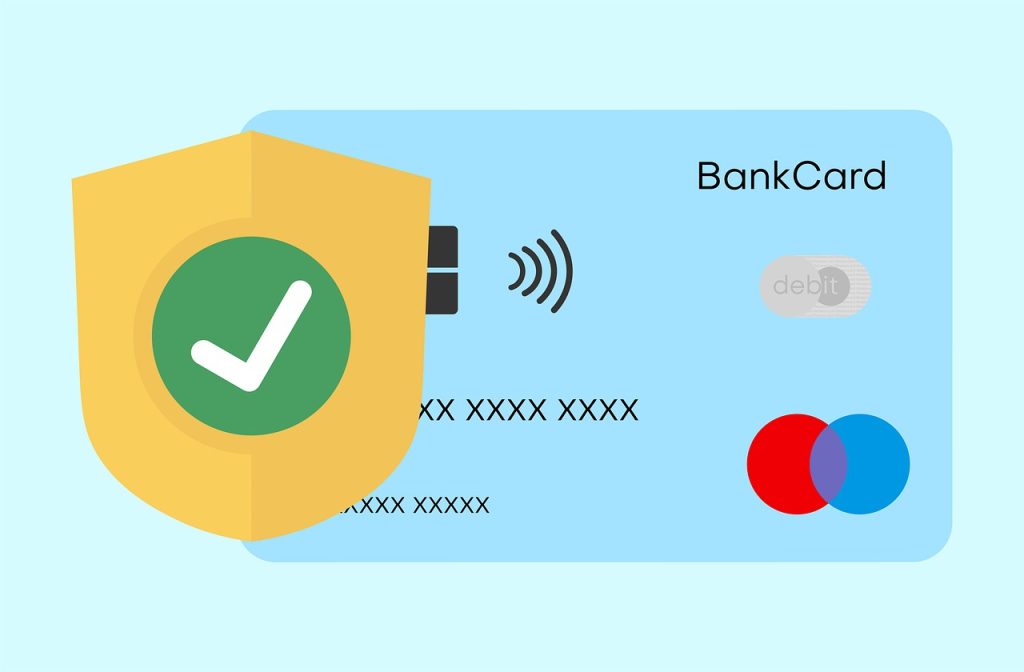
There was a 61% increase in the rate of phishing attacks compared to the six months ending October 2022. In the United States of America, financial scams have become the most common crime affecting adults in 2023. 15% have reported that at least one member of their family has fallen prey. 8% say that they fell for scams themselves.
A person who doesn’t have much knowledge or awareness of this matter is more likely to fall prey. Falling victim to such scams can have many consequences. If a business were to fall for scams, then the very first thing that would happen is that they would lose user trust. This would eventually lead to financial loss. These consequences hold a more dangerous consequence; the entire business could potentially fall.
Phishing Attacks That Steal Sensitive Information From Website Owners

Not everyone might be familiar with the term “phishing”. Let me explain what this means in simple terms. Phishing is a type of online fraud that involves tricking people into giving their sensitive information. Such as passwords or credit card numbers. They do this by seeming like a trustworthy source.
The most common type of phishing scam is deceptive phishing. The scammers send links and encourage people to click on them for some company-related things. However, as soon as the person clicks on the link(s), all of their sensitive information gets transferred to the scammer.
Common Tactics Used By SEO Services And The Risks Associated With Them
Out of the many types of fraudulent SEO services, the following one is very easy to fall for because it seems so friendly. A guest will offer to write a blog post for your website. The scammer will say that they are trying to get their “start in business”. They will write blog posts like this and add them to their portfolio until they find a job that will pay them. This seems very friendly and harmless, however, that’s not the case. You can tell this is a scam if the so-called writer embeds a link to another website that is not related to your business. The scammer makes your website a part of their “private blog network”. You will violate Google’s terms and conditions because that person sold that link. You could end up losing a lot of money and your reputation will be tainted.
“The Low-Cost Trap” is when an SEO scammer offers incredibly low prices for optimization services. However, the user’s or the business’s information and money are stolen, instead of being served in terms of optimization.
Domain Name Scams And The Importance of Managing Domain Registrations Securely

A very effective way that hackers use to scam others is by having a domain name that looks very similar to a real domain name. For example, the scammer might fake a domain name by using “gooogle.com”. There are 3 “o’s” instead of two. It’s difficult to spot this fake domain name from the real one because people read through things fast and miss things like this.
Another scam is “domain appraisal”. In this scam, scammers tell you that there is a potential buyer of your domain name. As we all know, scammers don’t tell the truth. There is nobody ready to buy the domain name. If they are TRULY not scamming you, then they will pay money. However, if they are scamming you, they will ask you to pay money which just doesn’t make any sense anyway. DO NOT pay them anything. Ignore the person, block their messages, and warn others about the potential scam.
Deceptive Hosting Offers And How To Distinguish The Legitimate And Fraudulent
A common scam going on is an email that mentions website hosting. They use the art of word jugglery to make it seem like you’re already hosted with the company and must pay them to prevent your website from going down. If your website is still running, then it means that you have an existing hosting provider. If you have any questions or concerns, contact THE RIGHT hosting company for your website.
One way to check if the hosting provider is reliable or not, is by checking their customer support. Research its customer support; start by checking if the website has a DEVOTED customer support page. Closely analyze the domain name and the content. Figure out who owns the domain. In some cases, you can tell by seeing how much effort is put into the graphic design. These do not always apply but they are signs that the website is not credible.
Summary
Deceptive phishing is the most common phishing technique. The scammers seem to be a legitimate company and send your links to click on. However, as soon as you click on it, your personal information is transferred to the scammer.
Even the seemingly friendly guests who offer to write blog posts for you could be scammers. Also, the scammers who use the “Low-Cost Trap” can easily acquire your money.

Always check the domain names, and be careful with any offers made to you in which you have to pay first. Also, only after making sure that a hosting service is legitimate, should you trust it.
All of these scams, if fallen for, can negatively taint your reputation. It can also bring ruin to your financial stability. To avoid such consequences, make sure to stay up-to-date, and never become lazy to do website backups. Stay knowledgeable by always keeping yourself updated about the latest scams in the market. Lastly, train yourself and your team to remain alert from such scams.